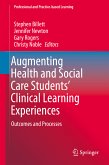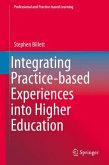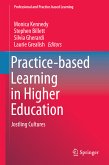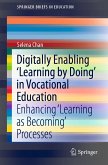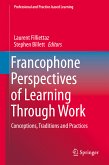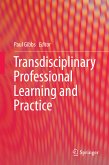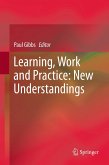This book contributes extensively to a better understanding of how vocational education and training (VET) and practice-based learning and teaching is developed and designed. It presents examples of vocational education as an ongoing dialogue, continually refreshed through engagement between educators and learners, Maori, employers, industry, and others. It demonstrates how the needs of learners can be met through relevant models of delivery, and how organisations and individuals work towards equity of access and parity of outcomes for all.
It details the origins, purposes and evolution of vocational organisations, initiatives supporting Maori and Pasifika success and women in traditionally male-dominated occupations, the roles, provisioning and impact of foundation VET across different contexts, innovations through Certificate, Diploma and Degree programmes of learning, the contribution of new technologies to learning approaches, and the efficacy of education and professional development for VET teachers.
This collection of chapters illustrates how Aotearoa New Zealand's VET system is responding to challenging and changing environments through new frameworks of practice, approaches, and models of delivery. As an overview of a system in change, it is of interest to VET educators, system managers, and policy makers.
Dieser Download kann aus rechtlichen Gründen nur mit Rechnungsadresse in A, B, BG, CY, CZ, D, DK, EW, E, FIN, F, GR, HR, H, IRL, I, LT, L, LR, M, NL, PL, P, R, S, SLO, SK ausgeliefert werden.



